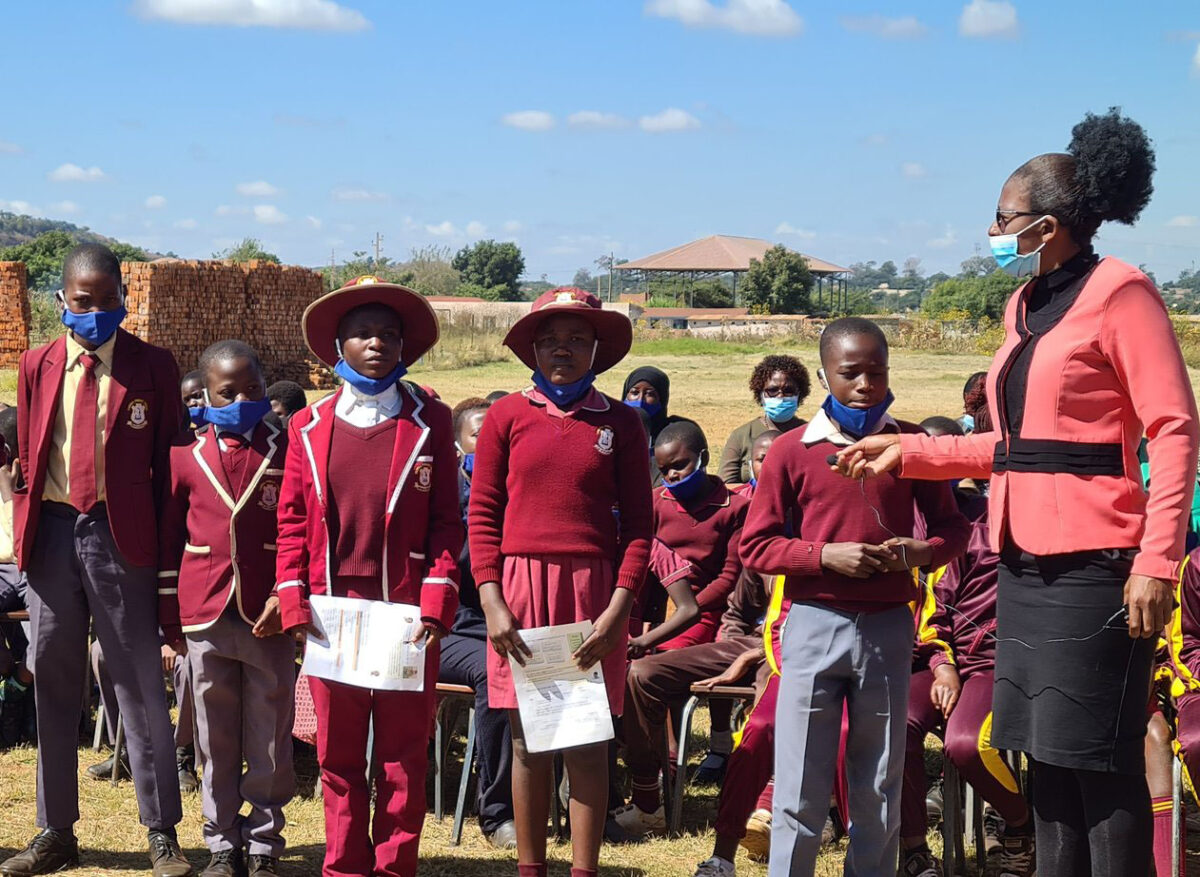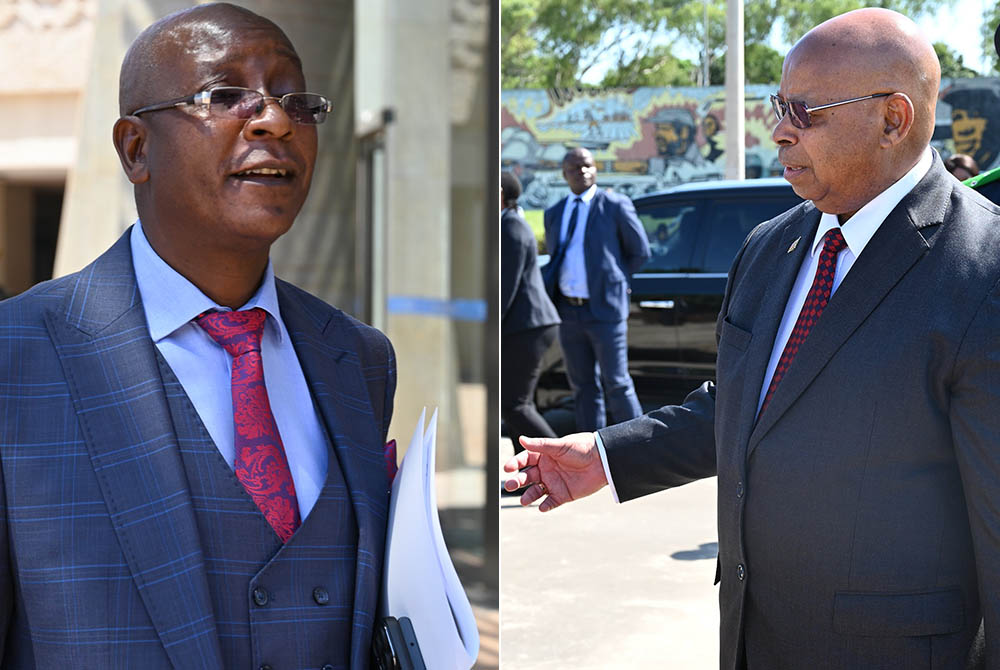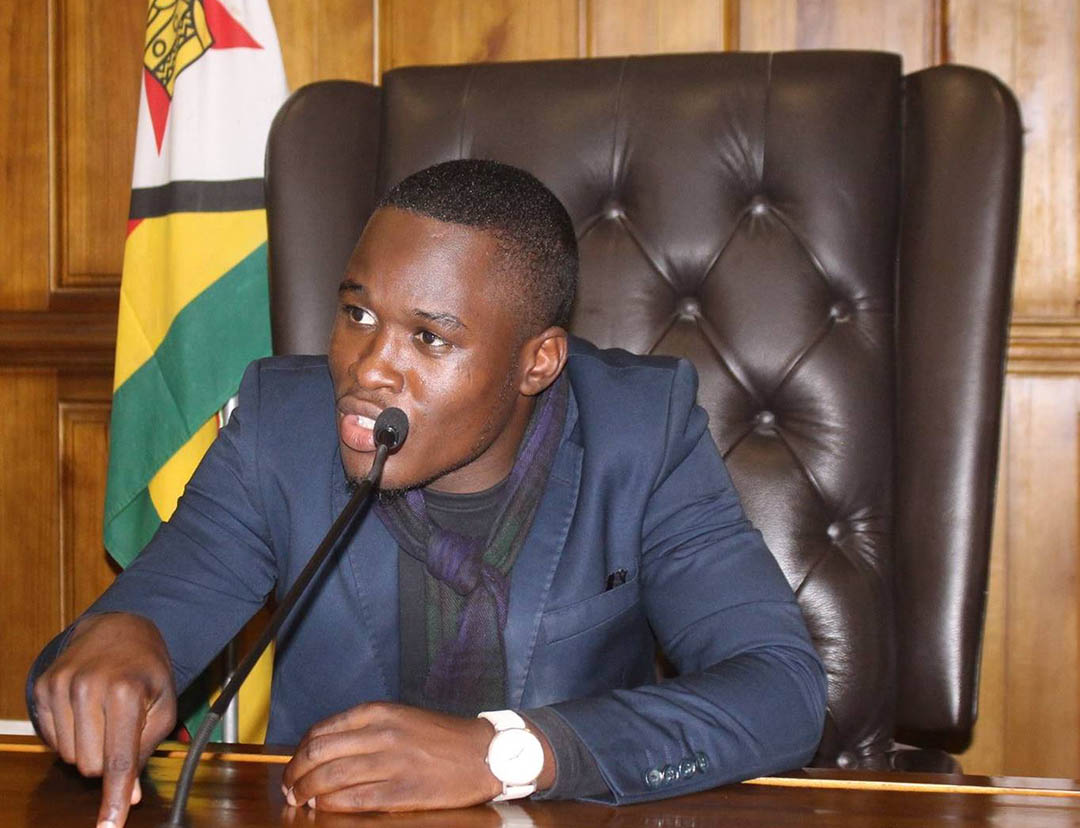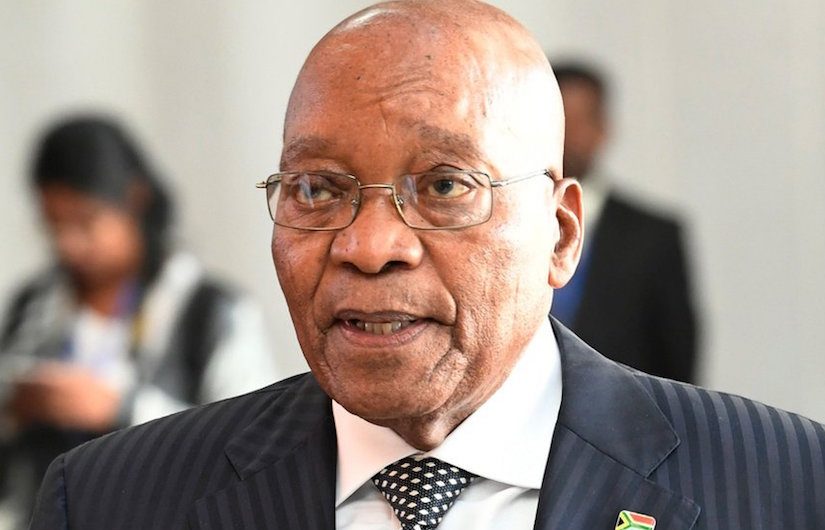HARARE – The United Kingdom government, in collaboration with the KFW Development Bank and UNICEF, has launched a nationwide “catch-up” education initiative to improve primary and secondary education in the country impacted by the Covid-19 pandemic.
The campaign aims to reach 4.6 million children, 90,000 primary school teachers, 9,800 school principals, 20,000 secondary English and Mathematics teachers, and 55,000 community stakeholders across the country.
Geraldine O’Callaghan, the UK development director in Zimbabwe said they were providing educational materials to underprivileged school children to close the education gap exacerbated by the Covid-19 pandemic.
“Covid-19 has been a challenge to learning across the world with Zimbabwe losing more than 190 days of learning time since March 2020,” she said.
“That is a lot. We know that this has led to increases in drop outs, particularly for girls due to early marriage and pregnancy and seeking employment for boys.
“For these reasons, we are proud to have supported the ministry of primary and secondary education in operationalising its catch-up strategy and implementation framework with the beautiful materials we are seeing today.”
The national catch-up initiative is funded by the UK-based Teacher Effectiveness and Equitable Access for Children (TEACH).
The UK government has been providing technical assistance and solar radios for students in remote areas to attend online lectures through the catch-up initiative.
O’Callaghan said Zimbabwe’s primary and secondary education ministry, with support from UNICEF, developed and delivered a large number of radio lessons and FCDO is pleased to have supported the acquisition of an additional 1,500 solar radios with USB ports so that even the most remote secondary schools can still play those lessons, even where there are radio signal issues.
She added: “We would also like to mention that the UK government has contracted UNICEF for a pilot to supply 150 disadvantaged schools in rural areas in Zimbabwe to be solarised, so that learning can be equitably provided even where there is no electrification.
“Those schools are receiving a solar system to enable the use of offline servers which will provide access to additional teaching and learning resources. In addition, in each of these 150 schools, teachers’ accommodation will have access to electricity and lighting.”
O’Callaghan said the UK government is committed to remain the main bilateral donor for the education sector in Zimbabwe.
















